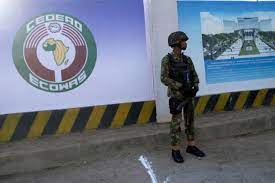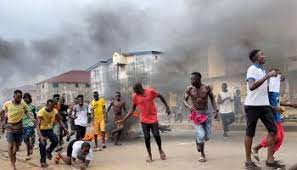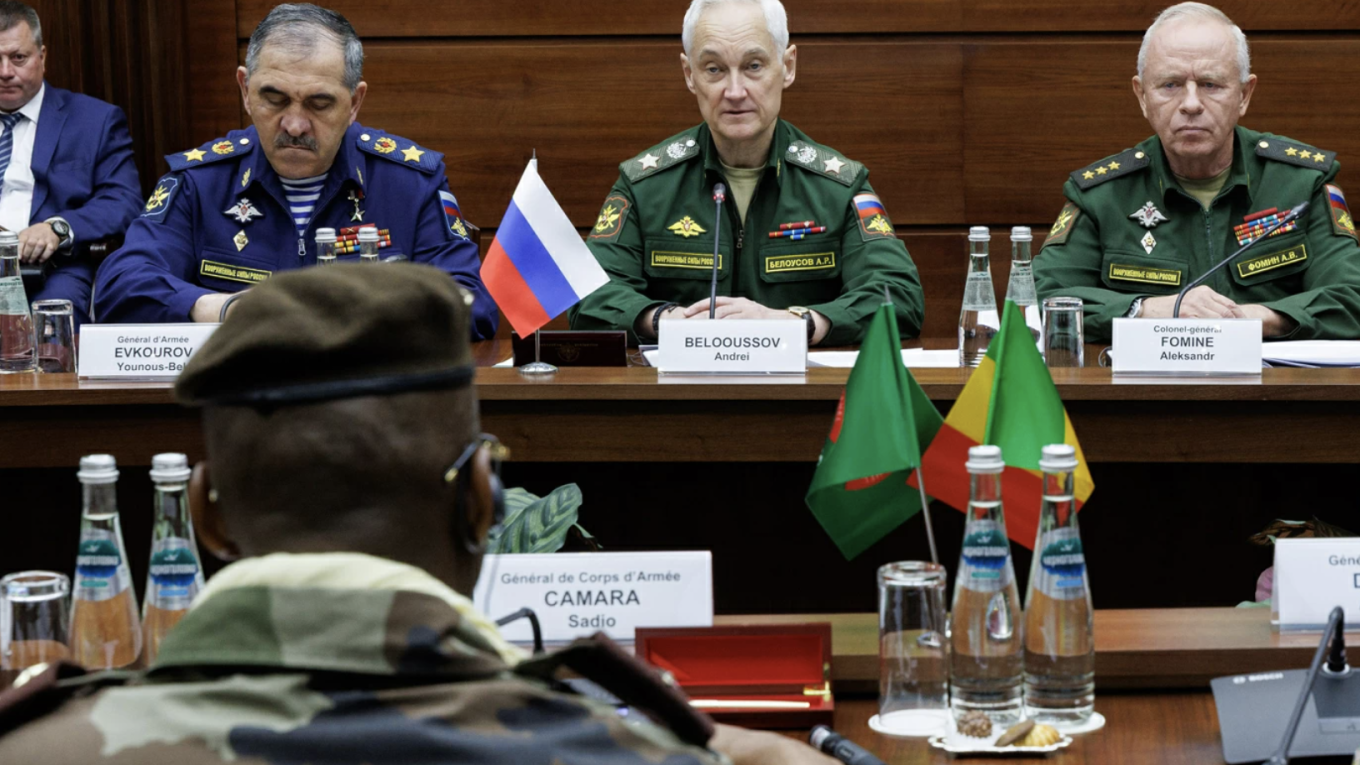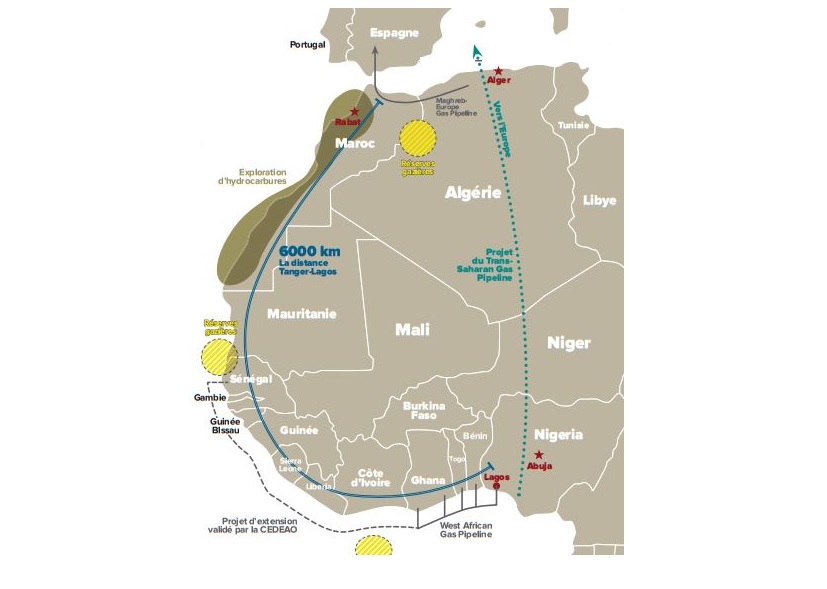The plan recently agreed by West African leaders to set up ECOWAS peacekeeping force is “a welcome development,” African analysts say but they are skeptical of success because restoring peace and order will not be easy.
The Economic Community of West African States (ECOWAS) agreed at a summit this week to establish a regional standby peacekeeping force, led by chiefs of defense staff of member nations, with the stated aim of fighting terrorism and restoring democracy after military coups.
“It’s a welcome development, particularly in response to counter violent extremism that we’re seeing growing in western Africa,“ said Abuja-based political analyst Rotimi Olawale, adding that “what I see might pose a challenge is this peacekeeping force is expected to respond to two twin challenges.”
The 15-member West African bloc has seen many coups in the last two years, including ones in Mali and Guinea and two this year in Burkina Faso, which, as ECOWAS leaders say, have set back decades of democratic gains made in the region and have earned it a reputation for being unstable.
Another security analyst, Chidi Omeje, agrees that there will be initial challenges because “this is a purely unconventional kind of warfare, you don’t even know the boundaries or who your adversaries are. So, how would such standby force identify adversaries?”
Therefore, Olawale cautions that restoring peace and order will not be easy. “I feel ECOWAS needs to be very careful in how it responds to coups. There will be a lot of problems if there’s no public buy-in, especially among the citizens of the countries,” Olawale added.
Defense chiefs from member nations of ECOWAS will meet in January to discuss a way forward for the peacekeeping force.



